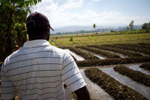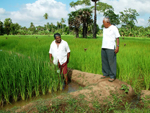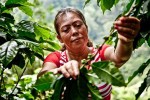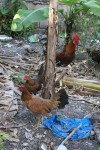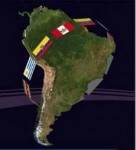Trim the Fat from the US Farm Bill
Deseret News Editorial | Rebekah Wilce, PR Watch | Commentary by Dady Chery, Haiti Chery. Farm Bill 2012 has met more public outrage over subsidies than any previous farm bill. A quarter of U.S. farms earn over $100,000 a year, and the net income of all farms, at $91.7 billion, is the second-highest level ever. Yet the government subsidizes some farmers whether or not they plant a crop, and the top 4% of those subsidized get 74% of all the funds.
Continue reading →

